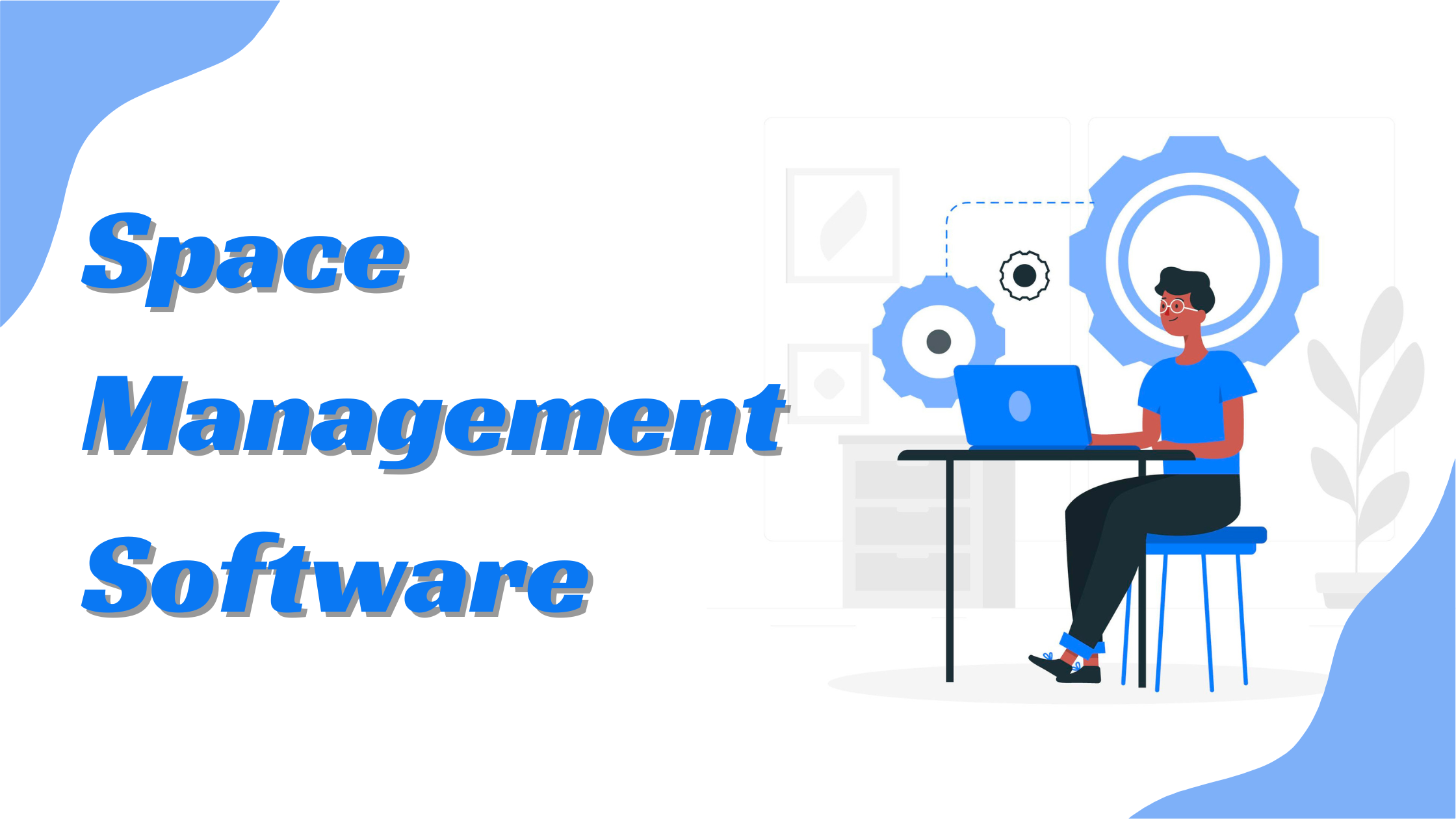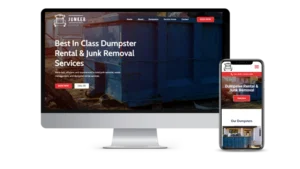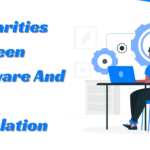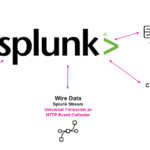Space Management Software: Enhancing Office Efficiency and Security
- 1 Understanding Space Management Software
- 2 Key Features of Space Management Software
- 2.1 Floor Plan Visualization:
- 2.2 Space Utilization Analysis:
- 2.3 Resource Allocation:
- 2.4 Occupancy Tracking:
- 2.5 Maintenance Scheduling:
- 3 Benefits of Implementing Space Management Software
- 3.1 Enhanced Efficiency:
- 3.2 Improved Security:
- 3.3 Cost Savings:
- 3.4 Increased Flexibility:
- 3.5 Enhanced Professionalism:
- 4 Implementing Space Management Software
- 4.1 Assess Organizational Needs:
- 4.2 Choose the Right Software:
- 4.3 Integrate with Existing Systems:
- 4.4 Training and Support:
- 5 Future Trends in Space Management
- 5.1 Integration with IoT:
- 5.2 AI and Machine Learning:
- 5.3 Sustainability Focus:
- 5.4 Enhanced User Experience:
- 6 Conclusion
In the dynamic environment of work contexts, efficient space organization has emerged as one of the key elements of organizational performance. Space management software is in the leadership of this change as it is a technological innovation with pragmatic products intended to boost the functionality and security of the working spaces. In this post, the author goes through various features and functions of space management software and how using such a program creates enhanced organizational culture, security, and professionalism.
Understanding Space Management Software
Office space management software is another application software that is unique in the sense that it is intended for the management of physical space in organizational facilities. Layout design, space allocation, and space utilization analysis into a single entity that will assist organizations in efficiently managing workspace. These software solutions provide excellent insight into the offices and can help facility managers and executives decide the space usage and other resources.
Key Features of Space Management Software
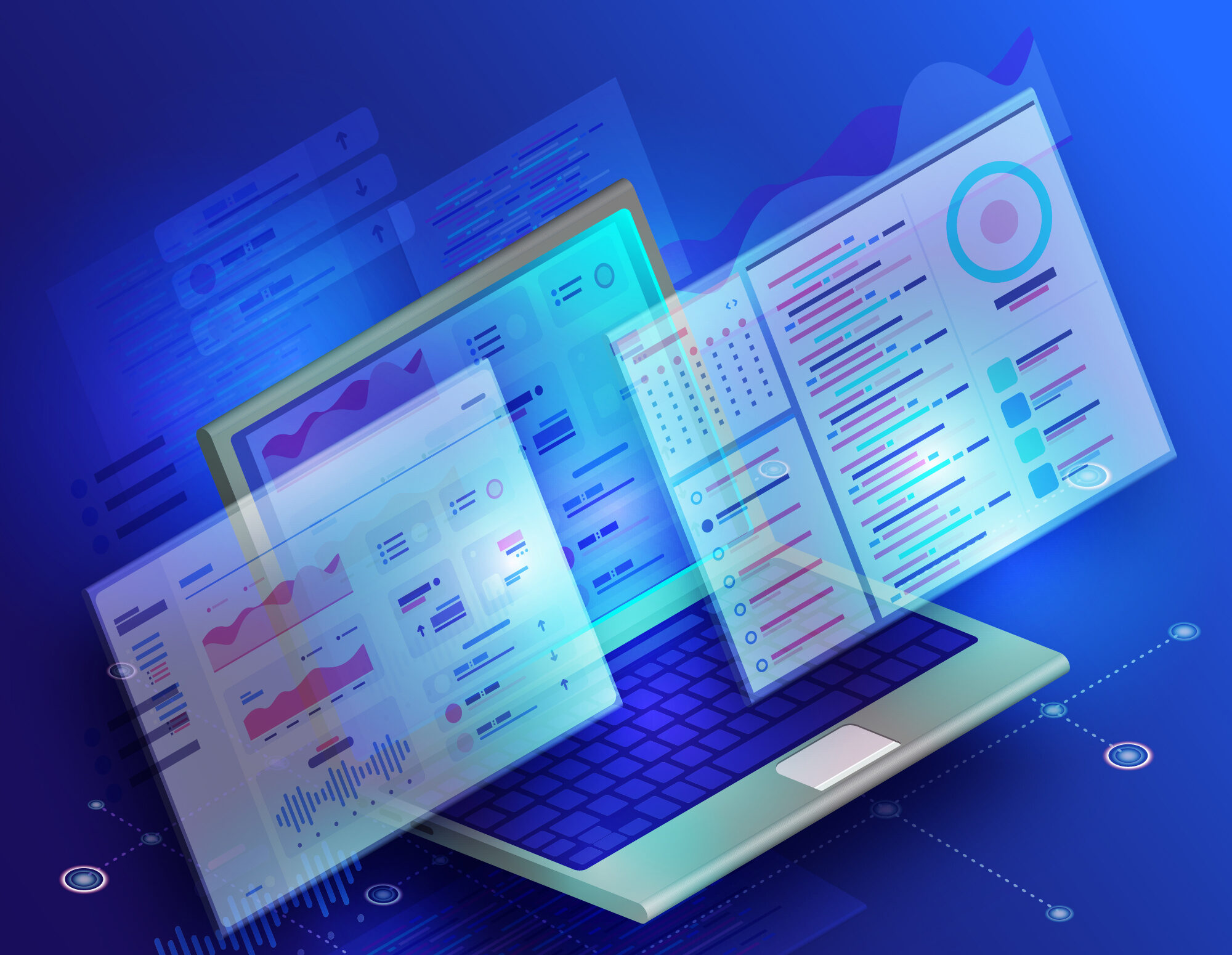
The following are some key features of space management software:
Floor Plan Visualization:
Implementing a detailed floor plan is one of the ideal attributes of the space management software. These layouts are in the form of images and pictures portraying the kind of layouts of officers, cubicles, conference facilities, and other ergonomic areas. This kind of visualization can significantly help when planning and redesigning office spaces due to new requirements.
Space Utilization Analysis:
Space management is more than just where you place furniture. It also means knowing how it is used. Electronic space scheduling systems monitor usage information, making it easier for an organization to learn the extent to which particular spaces are applied and improve space location.
Resource Allocation:
Other than the space configuration entails organizing and allocating office equipment and furniture. These resources can be tracked through space management software to guarantee they are well allocated and distributed.
Occupancy Tracking:
Due to the emergence of the new norm of working from home and hybrid working, much emphasis has been placed on space usage. Workspace tracking app gives data on occupancy density in the workplace in real-time which assists in reckoning with safety rules and the usage of offices effectively.
Maintenance Scheduling:
Maintaining cleanliness within the working environment, an office space, is essential. Some common modules implemented in space management software systems involve scheduling maintenance activities to support every office element well.
Benefits of Implementing Space Management Software
Enhanced Efficiency:
Space management software enables organizations to make concise decisions on how best to allocate and put to use office spaces. This results in minimizing dead space, properly arranging workstations, and accommodating meeting rooms.
Improved Security:
Security is an essential problem in contemporary offices. Space management software may include features for interacting with security, managing accesses to doors, and managing room bookings. This integration is also beneficial in controlling access to certain portions of a building or computer system or protecting particular information.
Cost Savings:
The General Proven Theories on Space Management and organization increase efficiency and significantly cut costs. Offices wholly or partially designed to minimize the requirement for extra working spaces cut back on costs of facilities and utilities. Moreover, one could also correlate the resources to detect multiplied resources, reducing expenses.
Increased Flexibility:
There is lot of dynamism in today’s work settings; hence, flexibility is needed. The flexibility of space booking software, hot desking, and others makes it easy for an organization to allow people to hot desk or operate in an activity-based work environment.
Enhanced Professionalism:
The reception area is an integral part of the company and should be well-designed to portray the company’s professionalism. The organization of space management software is beneficial because it maintains and enhances the company’s good image by ensuring that the layout of the offices is proper.
Implementing Space Management Software
Software for space management must be carefully planned and implemented for success. To guarantee a seamless transfer, follow these crucial steps:
Assess Organizational Needs:
When selecting space management software, appropriate requirements should be identified in advance. Some factors are internal to the work environment, including the office’s size, the space’s simplicity or complexity, and whatever interfaces need to be made with other working systems.
Choose the Right Software:
Some standard space management software comes in different options and has unique features and abilities. Organizations need to choose a solution that fits their needs and necessities and doesn’t compel them to break the bank to have the solution implemented.
Integrate with Existing Systems:
If space management software is to benefit an organization, it has to be linked to other programs in the organization, such as the Human Resources and security systems. Integrating the two means that data flow is smooth, and the whole system’s efficiency is boosted.
Training and Support:
Of the elements in the use of space management software one that requires special attention is staff training. The designated employees should be trained and facilities provided for the accomplishment of the training for handling any problems or queries that may come up.
Future Trends in Space Management
The trend that directed the development of space management software in the past concerns might extend into the future influenced by the new trends and new technologies. Some of the expected trends are:
-
Integration with IoT:
The Internet of Things (IoT) is believed to be effective in space management. Sensors based on the IoT concept can offer real-time information about space occupancy and conditions, adding value to space management software.
-
AI and Machine Learning:
Another area revealed to be quite essential in space management solutions is using artificial intelligence and machine learning algorithms. These technologies can predict the data volume and help maximise available space use.
-
Sustainability Focus:
Since sustainable approaches are slowly becoming the norm organisations adopt, space management software will have features promoting sustainability. This involves tracking energy consumption, wastage, and other related issues with embracing green building.
-
Enhanced User Experience:
Future space management software is likely to have easier-to-use interfaces and additional functionalities. Better usability to enrich the user experience will lead to optimization of the processes that will help organizations make their work with the office space more practical.
Conclusion
Space management software nowadays is an essential tool for leaders and managers who want to improve the working space in their organizations. The value of this software in these processes lies in the fact that it offers more specific details and solution aspects to space use, security, and cost issues; it is instrumental in building even more efficient, professional, and secure workplaces. In time, the software for space management will develop more capabilities to fulfil the needs of modern, flexible organizations.

